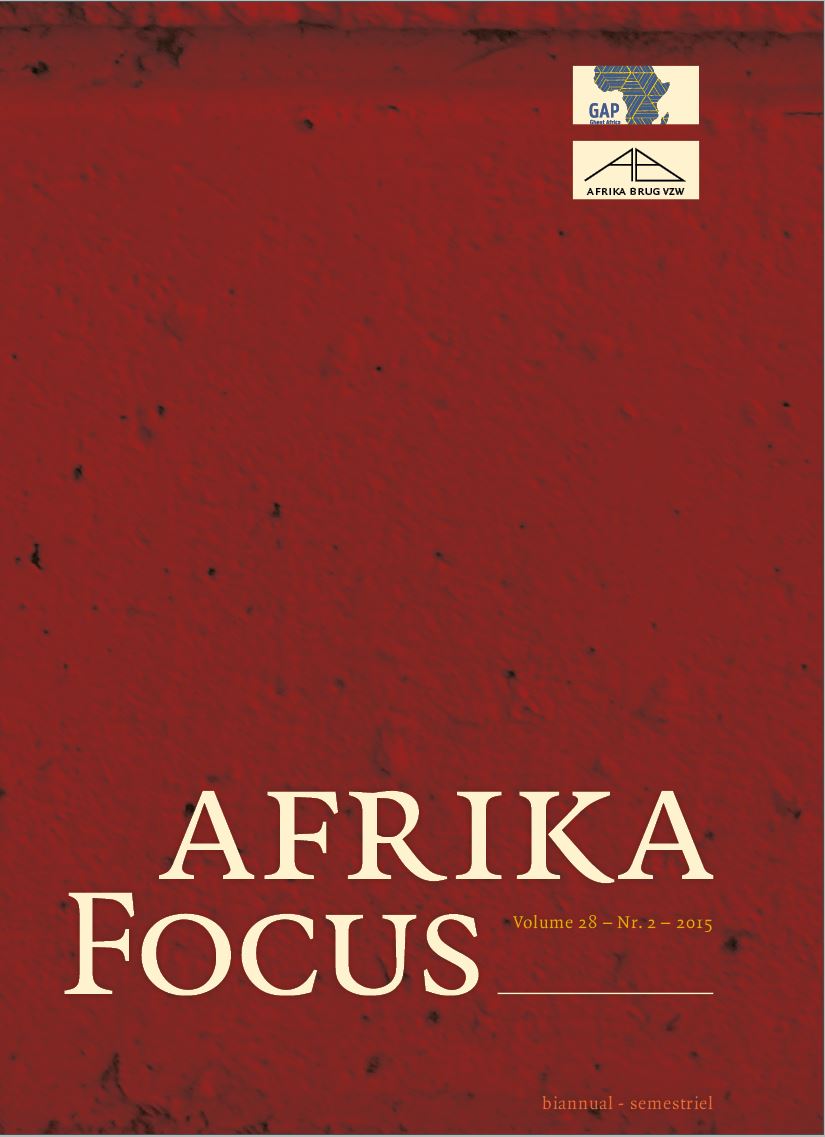‘Makhosi a via (Chiefs Commit Ritual Murder)’ – Why ritual murders in Southern Africa should be seen as meaningful violence (and not senseless)
DOI:
https://doi.org/10.21825/af.v28i2.4810Abstract
Ritual or muti murder involves the practice wherein parts of the victim’s body are removed, usually while the victim is alive, for the purpose of making medicine to politically or economically strengthen those who use it. In this article it is argued that, in order to understand this ritual, we should focus on the cultural dynamics of ritual murder and perceive it as meaningful violence. There is, however, a growing tendency to understand ritual murders in rational, utilitarian terms, which has the inadvertent effect of missing the ‘thick description’ that may provide insight into the meaning of ritual murders and the question of why it persists in present-day society. As will be explained, with such an approach ritual murders can only appear as senseless. It cuts off the research at the point where it should actually start: with questions of meaning. By presenting his- torical and ethnographic evidence from South Africa, it is shown that ritual murders were once an accepted means of strengthening the king or chief, and as such, of preserving the whole society. It is argued that in the present day, people still practise ritual murders to politically or economically strengthen themselves, but that this point is neglected in public debate and the media. By focusing on two recent ritual murder cases, it is shown that this neglect has severe consequences for think- ing about, and dealing with ritual murders.Downloads
Published
How to Cite
Issue
Section
License
Authors who publish with this journal agree to the following terms
Authors retain copyright and grant the journal right of first publication with the work simultaneously licensed under a Creative Commons Attribution License that allows others to share the work with an acknowledgement of the work's authorship and initial publication in this journal.
Authors are able to enter into separate, additional contractual arrangements for the non-exclusive distribution of the journal's published version of the work (e.g., post it to an institutional repository or publish it in a book), with an acknowledgement of its initial publication in this journal.
Authors are permitted and encouraged to post their work online (e.g., in institutional repositories or on their website) prior to and during the submission process, as it can lead to productive exchanges, as well as earlier and greater citation of published work (See The Effect of Open Access).


